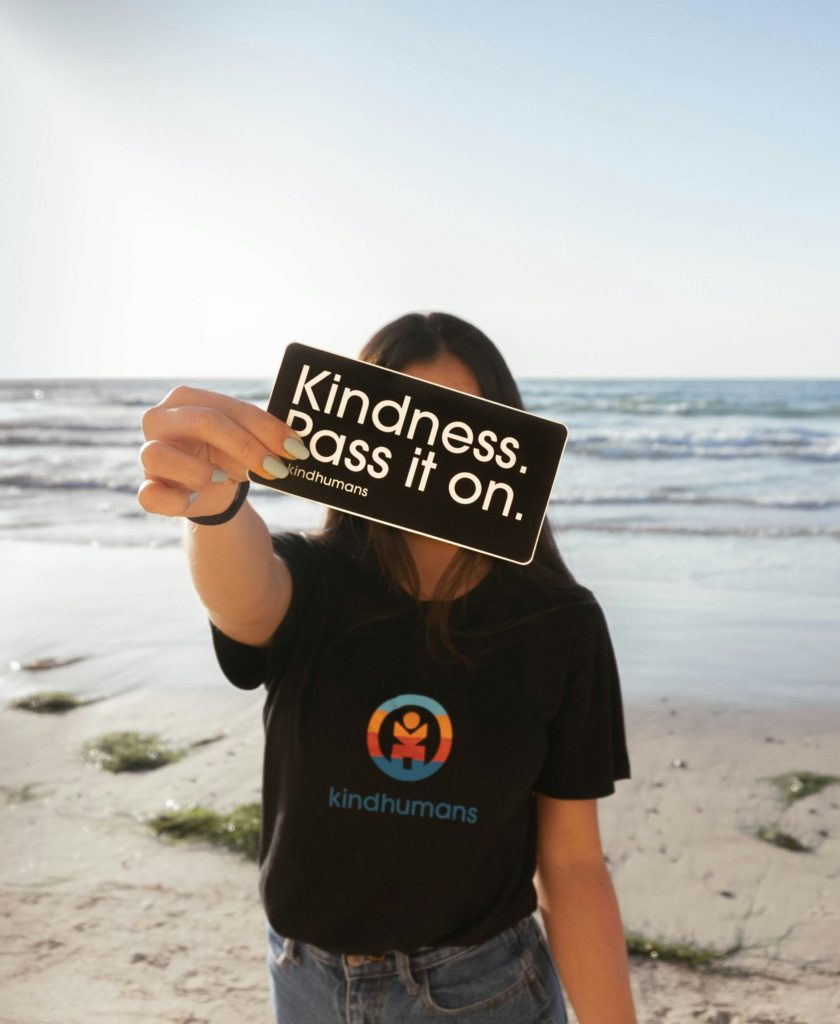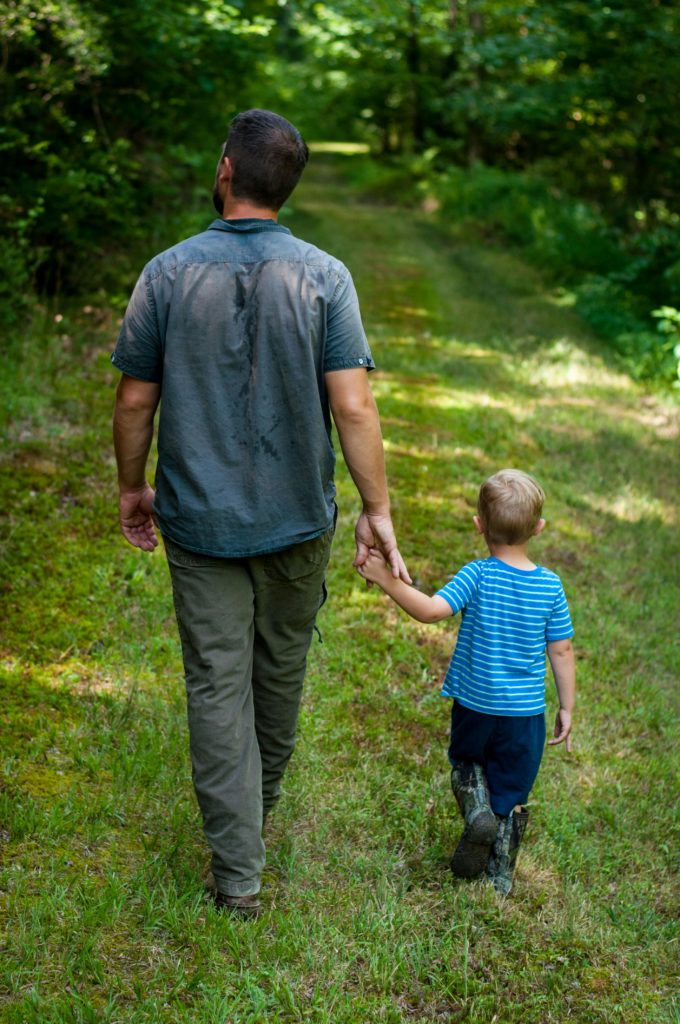
It is easy to underestimate the impact of a random act of kindness, according to a new study in the journal of Social Psychology
KEY POINTS
- Carrying out an act of kindness boosts happiness and well-being in our own lives and the lives of others.
- There is a link between the number of kind acts we perform and an increase in our happiness
- For one thing, it doesn’t matter who we are being kind to, the positive effects are still the same
Spreading a little kindness
As an illustration of a random act of kindness have a look at initiatives such as “Suspended Coffees”. Why not buy an extra coffee or sandwich (in participating cafes) for someone who really needs it, no matter why.
Spread a little bit of kindness in our world.
Another key point is that when we are kind to ourselves and to others our brain biochemistry changes. Chemicals are released which stimulate the ‘reward centres’ in the brain. The result is we experience a greater sense of connectedness with others. You can experience this ‘Helpers High’ as a tingling sensation or a warm feeling in the chest or stomach.
Back in 2021 Radio 4 ran a podcast on The Anatomy of Kindness. It was based on a Kindness Study created by the University of Sussex. Around 60,000 people across the world chose to take part in the study.
KEY POINTS
- Acts of kindness are very common
- Two thirds of respondents believe that the effects of the pandemic seem to have made people kinder
- The home is the place where kindness happens most often
- There was no direct link between how much a person earns and how kind they would be. The BBC carried out a short poll and found that those with the lowest incomes said they would give away less to needy causes but those with the highest incomes also gave away the least.
- Without doubt, the more strangers you talk to the more likely you are to receive kindness, as well as notice acts of kindness around you.
Kindness and leadership in the workplace: Can bosses be kind?
Our natural tendency is towards is towards being kind. This can all change depending on our environment.
Kindness is seen as weakness by some people. Yet we know that being successful means building positive relationships with others.
The average worker will spend 70,000 hours of their career in work. It makes sense that if we change the working environment, we can make an impact on people’s behaviour. Working towards a workplace where kindness is the norm is the goal.
Different industries and how they value kindness
| Most valued | Least valued |
| Education | Media |
| Healthcare | Manufacturing |
| Social Work | Transport & Storage |
| Hospitality | Finance |
| Insurance | |
| Energy | |
| Water |
Joe Folkman runs an evidence-based leadership development firm. Joe goes on to say “More is written and less is known about leadership than any other topic”
He conducted a fascinating study “I’m a boss why should I care if you like me”? . In the study of over 51,000 leaders, it was clear that only one in two thousand leaders scored high on leadership effectiveness whilst having a low likeability score. Having a likeable personality is therefore important when it comes to leading people in the workplace. The study points to seven approaches that leaders can use to improve their likeability.
This is confirmed by a new field of research called ethical leadership.
In their report on ‘ethical leadership’ Harvard Professional and Executive Development talk about the six principles of this style of leadership. I love the last one which states,
“Ethical leaders view their companies as communities and consider everyone involved when evaluating situations and making decisions. By viewing their organizations this way, they build equity and inclusion into their decision-making process and create work environments that encourage collaboration across teams”.
They consider the needs of not just their customers but also their communities, and employees alongside company growth and revenue, when making business decisions.
They encourage their team to model this behaviour.
The result is that they build a workplace culture that values transparency, collaboration, and inclusion, and where everyone feels safe to share their voice.
Concluding Notes On A Random Act Of Kindness
Being kind to ourselves or to others changes our brain chemistry. We receive positive, reinforcing messages of feeling connected to our world. Feelings of isolation have less of a hold over us. The more that we practice kindness at work and at home the better we all will feel. And, as this feeling is highly contagious your one act of kindness can have an affect so many more people. If you would like to reach out for more information or support just drop me an email here.
A Random Act Of Kindness, Why It Matters | Generation Well 2024







